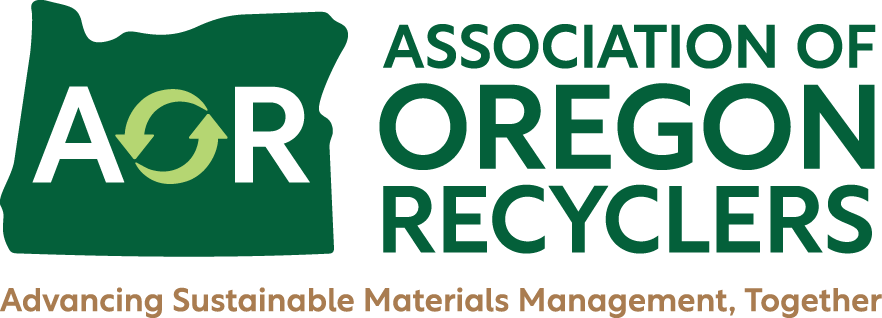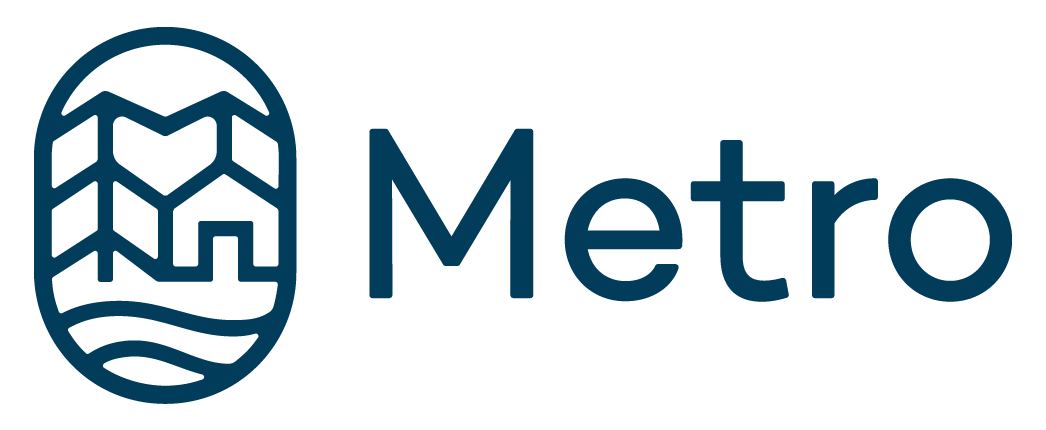Recycling Markets
Curry County faring well during China recycling ban
China’s ban on many recycled items is coming home to roost in Oregon but Curry County is faring well, said recycling coordinator Candi Wilk of Curry Transfer and Recycling, the company that provides trash and recycling services here.
Since the announcement China wouldn’t take more loads of contaminated material — or plastics marked with Nos. 3 to 7 — CTR has merely eliminated them from the items that can be recycled, as well.
A Steady Path Forward for Recycling
We have all heard plenty about China’s Green Fence and National Sword. The policies have led to tight quality standards, limited import licenses, strict inspections – and major market disruptions.
Where Will Your Plastic Trash Go Now That China Doesn't Want It?
Plastic garbage from Trader Joe's and an AARP card are peeking out of hillocks of plastic trash piling up in Indonesia.
It's a sign of a new global quandary: What should wealthy countries do with their plastic waste now that China no longer is buying it?
Addressing what’s broken in residential recycling
“Residential recycling is broken” was a common refrain noted from all the speakers of the plenary session at the Southeast Recycling Conference (SERC), which took place Feb. 24-26 in Orlando, Florida. Three industry leaders opened up the conference during its plenary session, including Chaz Miller, president of Miller & Associates, Bill Caesar, chief executive officer at Houston-based Waste Corporate of America (WCA) and Amy Boyson, community affairs manager at Waste Management.
Washington community plans for changes to recycling program
City officials in Tacoma, Washington, have announced several proposals to change its recycling program. The city currently offers curbside recycling service to residents, multifamily tenants and commercial customers.
However, the city reports in a news release that “the majority of Tacoma’s recyclables are sold overseas, mainly in Asia, where countries have adopted strict policies regarding material quality. Materials that do not meet the requirements are rejected.”
Thirsting for Recycled Plastics
Nestlé Waters North America (NWNA), Stamford, Connecticut, has committed to using 25 percent recycled plastic across its U.S. domestic portfolio by 2021 and 50 percent by 2025. The company also has committed to making 100 percent of its packaging recyclable or reusable by 2025. But before NWNA can reach these goals, representatives from the company say increasing recycled polyethylene terephthalate (rPET) supply will be necessary. NWNA is doing its part to help.
WPI professor calls trade wars a wake-up call for the recycling industry
Currency fluctuations, international political uncertainties and now tariffs that are hitting recycling businesses and consumers hard. A WPI engineering professor said the tariffs could turn out to be good for the recycling industry, if they are seen as a wake-up call.
Cracking Down on Dirty Recycling
As of March 1, Southbridge Massachusetts recycling bins with contents that are more than 15 percent non-recyclable materials won’t be emptied during their scheduled pickup every other week, interim recycling coordinator Anna Smith said. Letters notifying residents and property owners of the plan went out this week. Inspectors also put stickers on offending residents’ bins.
California counties call for state commission on 'significant' recycling disruptions
The California State Association of Counties (CSAC) recently sent a letter to Gov. Gavin Newsom calling for the establishment of a statewide commission on recycling market development and is asking all counties to follow suit.
Rethink, Retool, Then Recycle?
Last year, China cracked down on recycling imports, forcing cities to get cleaner and more creative with their trash. So where does the market stand? Is recycling on the rocks, or poised to go bigger? How have cities addressed the constriction of the China market, and what have they done to improve the quality and frequency of their recycling programs?


